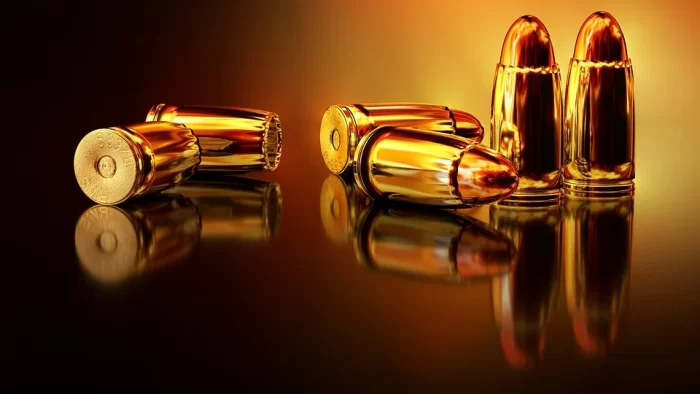Gun laws vary from country to country. In many countries, gun ownership is tightly regulated and gun control legislation may be strict. There are also some countries that heavily restrict gun ownership but in other places, gun restrictions are few or nonexistent. Read on to find out how gun laws work in different countries.
What Are Gun Laws In The United States?
When it comes to the United States gun laws, it is important to note that gun control varies from state to state. For example, in Texas gun owners are allowed to openly carry handguns while the law prohibits the open carrying of guns in California.
Also, gun laws can be different when it comes to types of guns such as automatic weapons and shotguns which have stricter regulations than rifles or pistols in certain states. It is vital for all gun owners who live outside of the United States to know these variations because people could be arrested if they cross a border with an illegal weapon even if there were no criminal intentions involved.
Since it’s pretty easy to get a hold of a gun in most states it’s good to know how to keep everything safe. If you buy a gun make sure to also have ammunition storage so that only you can access it. This way, you won’t have to worry about gun thefts and accidents.
Gun Control In Canada
Canadians have strict gun laws. Anyone who wants to own a gun has to apply for gun licenses, pass safety courses and tests before they can purchase guns or ammunition.
The Firearms Act of Canada is the law that regulates gun control in all provinces. The act was created after an incident where 14 students were killed at Montreal’s Polytechnique college with a gun on December 6th, 1989 during class time at their school.
Canadians are allowed to have restricted firearms like handguns but only if they meet certain criteria including passing background checks, completing safety training/testing, providing references about themselves as well as having secure storage procedures for their weapons when not being used by them or someone authorized by them such as family members, etc.
How Do They Regulate Guns In Australia?
Since Martyn Bryant went on a shooting spree on April 28th, 1996, Australians had very strict gun laws. Today gun owners must have a permit, register all weapons they own, and attend gun safety training courses to be able to purchase a gun legally. It is also required that gun owners renew their license every year as well as pass the relevant test annually so they can carry on owning guns in Australia.
In addition, there are certain types of firearms that Australian citizens cannot possess at all such as machine guns or military-style automatic rifles and shotguns with more than five rounds included in the magazine capacity. In fact, it is illegal for any private citizen to possess these kinds of deadly weapons unless being used by police officers or members of security forces during operations even though special permits might be given from time to time according to government regulations.
Gun Law In Japan
The Japanese have laws that are strict when it comes to gun control. Citizens cannot own guns unless they have permits to do so, and only certain people can get gun licenses in Japan.
For example, someone who has a criminal record or history of mental illness would not be able to get the license. There is also an age requirement for gun licenses- you must be at least 20 years old before applying for one. You need to pass written tests on gun safety too if you want to carry your gun outside of your home country. This includes training about how much punishment it takes until a gun breaks down!
EU Gun Laws
The European Union gun laws are a bit different from gun laws in the United States. In fact, gun control is stricter and more regulated than it is anywhere else in the world.
The European Union gun laws were created to prevent firearm-related crimes and decrease homicide rates using firearms. To do this, they need to identify who should own guns and implement safety measures that people must follow when owning or handling them. There are many rules within these guidelines. For example, any person under 18 years old cannot handle a gun even with their parents’ permission while someone older can only hold one if given approval by authorities (in all cases except hunting).
Gun laws vary pretty much in all countries, and in some countries, among different states (like the U.S.). It’s very important to watch over these regulations and to respect them so that everybody is safe at all times. Violating them can endanger a lot of innocent people so be careful and store your guns and ammo in a safe place where only you can access them!

